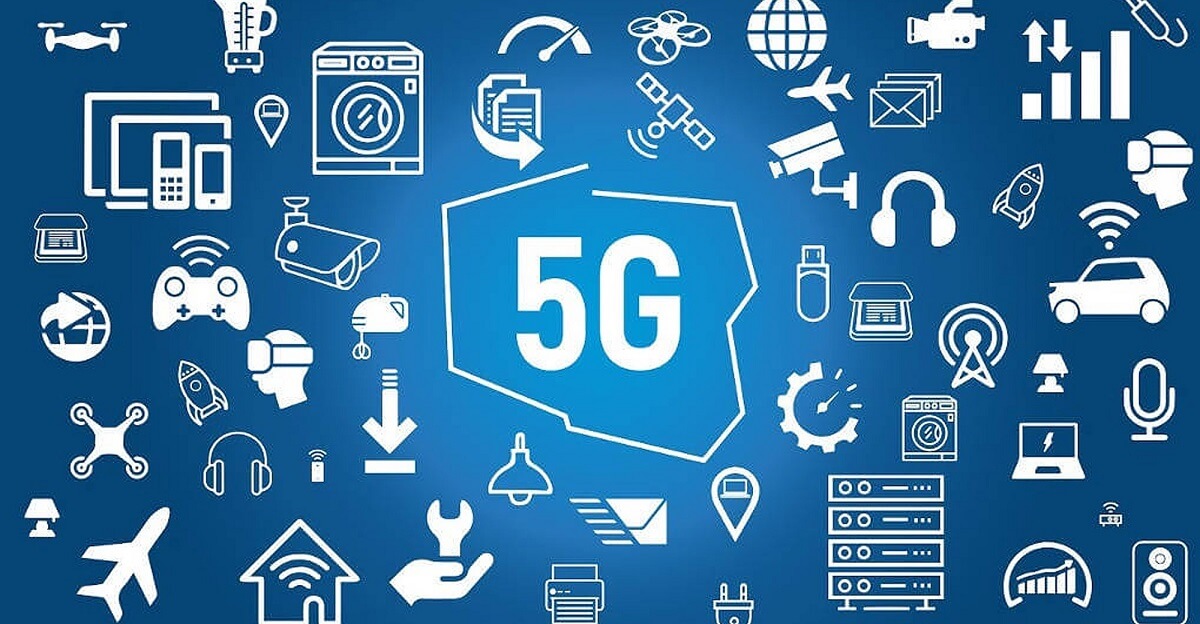The 5G was called to reinvent the lives of consumers and businesses in the future and it is also postulated as the backbone of a hypermobile and hyperconnected world
Advertising and communication professionals have an eye on the future while working with the present and trends overlap and evolve.
One of the novelties of 2020 that will continue to expand is the social positioning of brands, which are committed and take sides.
5G technology is more than the next step in the evolution of the connection. It’s incredibly faster speed, its greater bandwidth and its greater availability have the potential to transform all sectors.
Since all countries plan their full commercialization by 2020, this connectivity has the potential to transform the way companies operate, from how they manage their daily communications to the use of smarter commercial applications and the creation of organic growth opportunities.
In the coming years, this positioning will coincide with greater scrutiny by buyers, who do not tolerate double standards and penalize hypocrisy more than inaction. We can no longer count on established and consensual schemes that have defined the profession for so many years.
Hyper connectivity allows us to know what other actors do. If we analyze their initiatives and the positive or negative results of their actions, we can obtain a lot of information.
The arrival of the fifth generation of the mobile telephone network (5G) is already a reality in some parts of the world and it is expected that in the future, over the next 5 years, it will be available worldwide, in fact, data from the more recent Ericsson Mobility Report indicated that by 2024 there will be 1.4 billion mobile subscriptions to 5G networks, of which most will be found in the Asia - Pacific and North America region.
The domination of 5G technology is one of the main sections where the conflict between China and the United States is fought, obtaining it can even represent the projection as the most powerful economy worldwide and for now it is China, from the hand of Huawei, the country that seems to have control of global telecommunications.
In addition, having a growing role in responding to a growing demand of connected devices, 5G networks will also offer the broadband and latency necessary to improve business cloud services.
In the future, cloud technology is likely to be stable enough to replace traditional data centers. This reliability of the cloud will also make manufacturers no longer have to include processors or memory in the devices, so the hardware will be increasingly compact.

